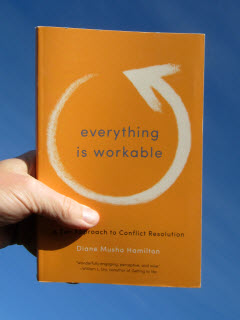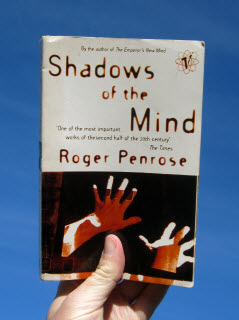This is a post in my series on organizing “between and beyond.” Other posts are here. This is a retrospective of what has happened during the week. The purpose is to reflect on the work itself. Here is my previous retrospective. Here is my next retrospective.
What has happened? What needs to be done?
I wrote a book review of The Systems View of Life by Fritjof Capra and Pier Luigi Luisi last week. Here is the review. This week, I have started analyzing the key assumptions in the systems view of life based on the book. Here is the analysis including additional thoughts on Capra & Luisi’s book.
- I will continue my analysis of the key assumptions in Capra & Luisi’s framework.


Two new books arrived this week. One is Diane Hamilton’s book Everything Is Workable,1 which is about conflict resolution. Hamilton is a seasoned mediator. The other is Roger Penrose’s book Shadows of the Mind,2 which is “one of the most important works of the second half of the 20th century” according to The Times. I find it interesting that Penrose strongly argues that mind cannot be described in any kind of computational terms.
- I have started reading the books and will continue reading them next week.
What was good? What can be improved?
I have got interesting feedback off-line during the week, which reminds me of the principle of Occam’s razor — assumptions should not be multiplied beyond necessity.3 Actually, I argue in my analysis of the systems view of life that David Bohm doesn’t make additional assumptions, but move beyond unnecessary assumptions.
Notes:
1 Diane Musho Hamilton, Everyhing is Workable (Shambhala, 2013).
2 Roger Penrose, Shadows of the Mind (Oxford University Press, 1994).
3 Fritjof Capra and Pier Luigi Luisi, The Systems View of Life (Cambridge University Press, 4th printing 2015), p.219.
Related posts:
Organizing in between and beyond posts
Leave a Reply
You must be logged in to post a comment.